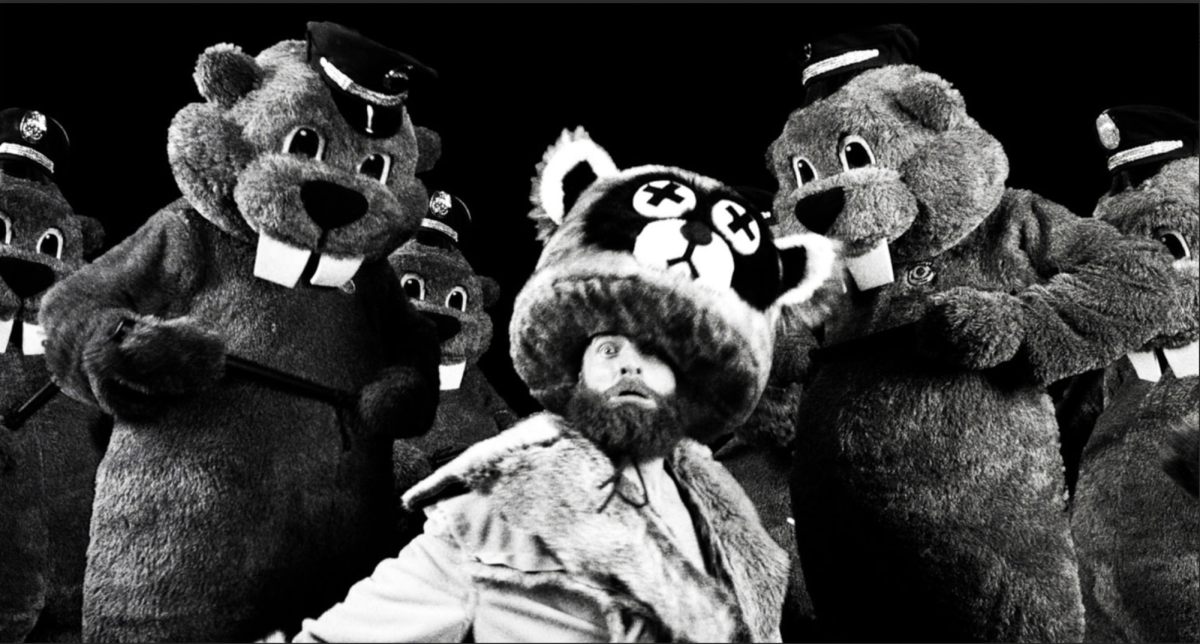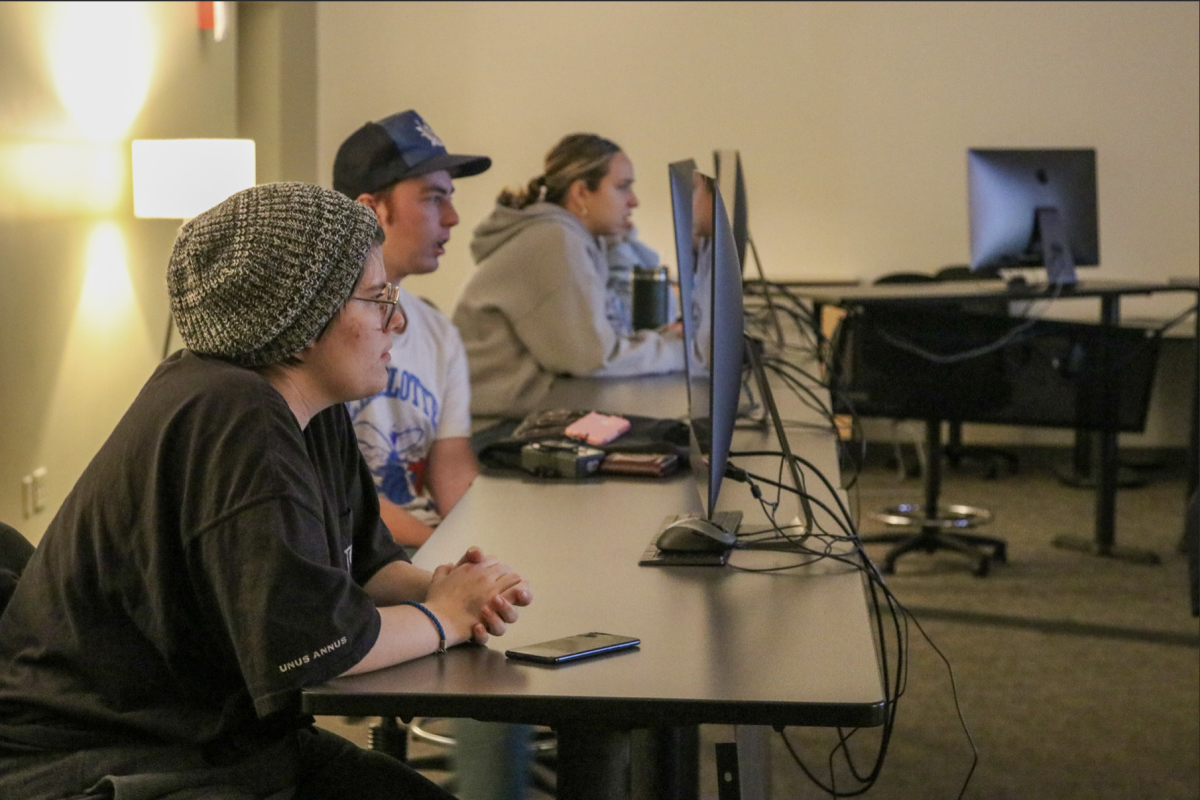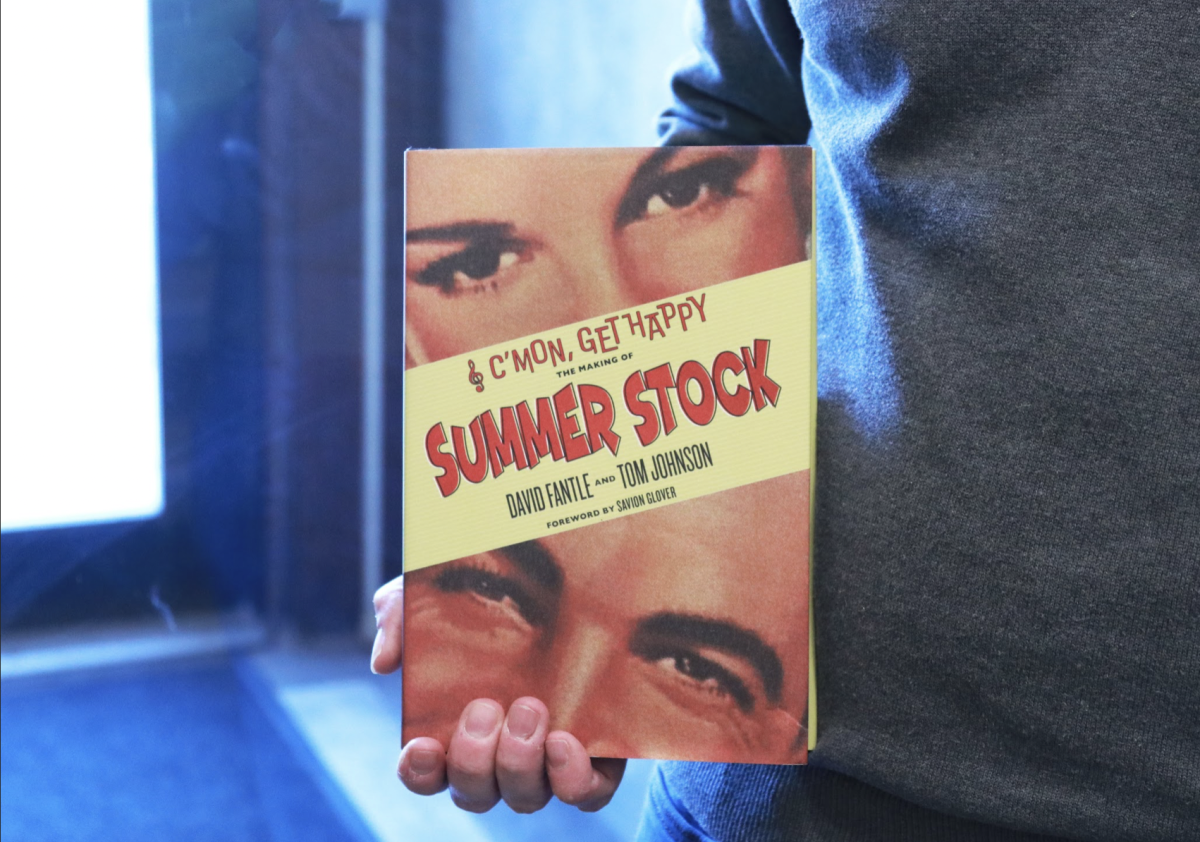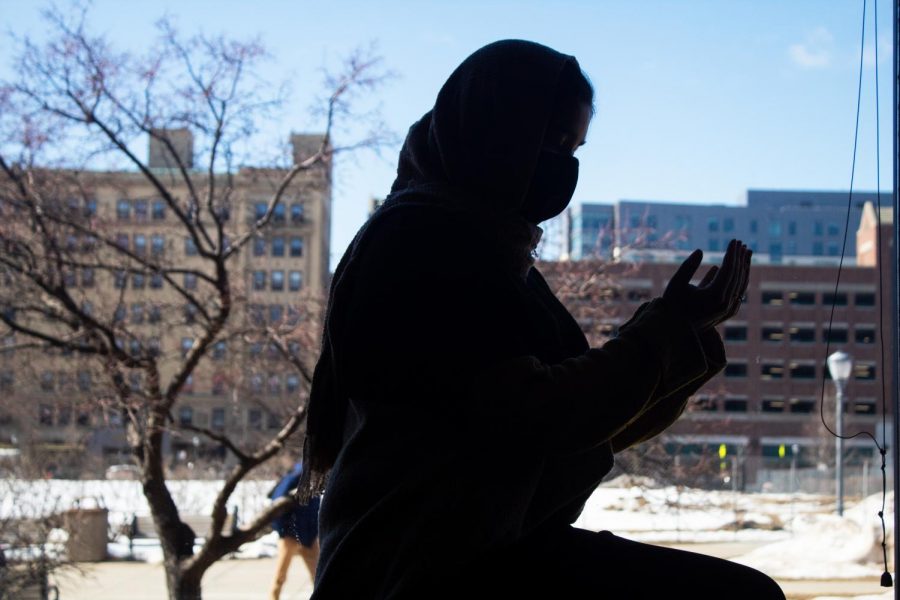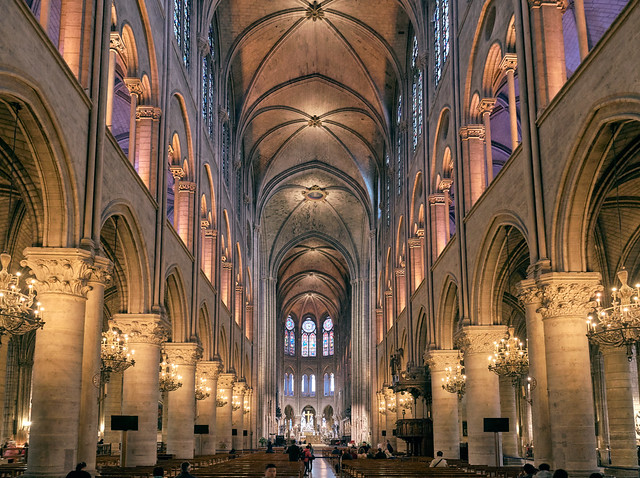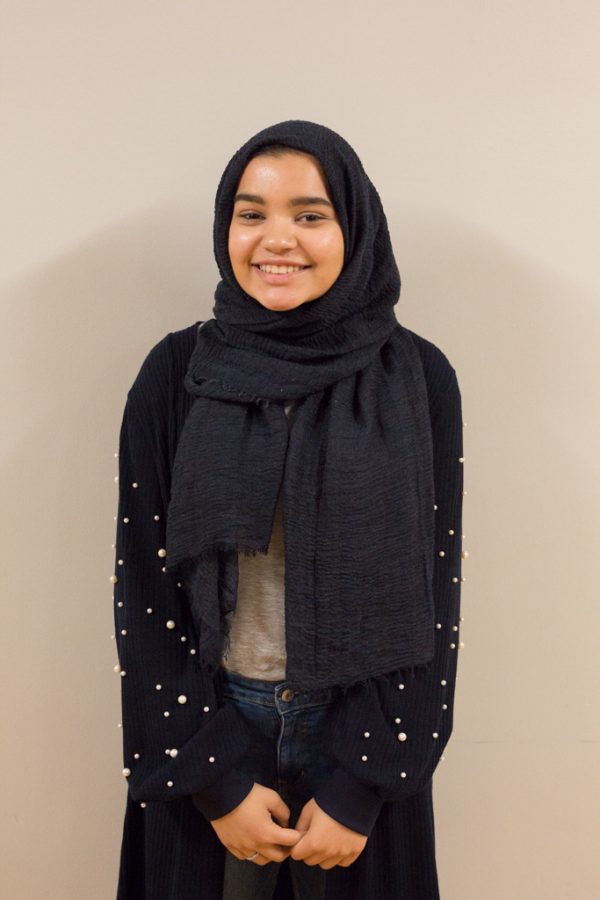 When it comes to film, the French don’t appear to be shy about much. Or shy about anything, really.
When it comes to film, the French don’t appear to be shy about much. Or shy about anything, really.
With this in mind, the University of Wisconsin-Milwaukee will celebrate its 13th annual French Film Festival Feb. 5 to 14, showcasing 13 different films.
Dr. Gabrielle Verdier, a UW-Milwaukee French professor and the event’s organizer, said she structured this year’s festival so that a diversity of topics is covered, with parallels between some.
“There’s no absolute theme, but there’s several clusters of films,” Verdier said.
From Jewish films, to films produced exclusively by women, to those focused on food and nature, the festival highlights a range of issues relevant to current controversies and interests.
“We try and find films that have a special meaning today,” Verdier said.
Verdier said she also works to promote films created all over the world with different cultural and ethnic backgrounds.
“This is one of the most entertaining ways of learning about other places in the world and the way other people live,” Verdier said.
In recent years, Verdier said French films have evolved from edgy and experimental to narrative pieces that are more suitable for families. She said films have also tended to incorporate a multicultural aspect and highlight regions in France other than Paris.
The film festival reflects this transition in cinema and further aims to appeal to a broad audience.
Allison Chouinard, a sophomore in the College of Engineering, attended the festival last year and plans to return this year because she enjoyed it so much.
“(The films are) amusing for everyone. They’re good no matter what your tastes are,” Chouinard said.
Chouinard also appreciates the motivation it gives her to venture outside Marquette.
“It’s definitely worth it if you have the time because it’s something you don’t get to see everyday,” Chouinard said.
Sarah Gendron, a Marquette French professor, recommends attending not only because it’s free, but also “to open ourselves up to different cultural experiences.”
No matter the justification, this year’s film festival holds significant expectations.
“I think it’s as good as ever, if not one of the best festivals,” Verdier said.
The French Film Festival isn’t the only event the UWM group will be hosting this week. Verdier said they and Marquette’s French Club will be collaborating to host a bake sale at UWM Feb. 4 to 8 that will benefit Youthaiti, a local organization devoted to advancing ecological sanitation and food resources in rural Haiti.
Twelve of the 13 films are free to all students with a student ID, and nine are free to the general public. While all films will be presented in French, English subtitles will be included. For a complete schedule, visit UWM’s Web site. Here’s a sneak peak at four films that will hit the fest’s screen.
Dialogue avec mon jardinier (Conversations with my Gardener)
When a Parisian artist in the midst of divorce and depression hires a gardener to help revive the estate of his deceased parents, the two discover they are old school friends. Through their conversations, they regain their lost bond and find true happiness in each other. This film has never been released commercially in the U.S. and costs $4 for students with a student ID.
La Coquille et le clergyman (The Seashell and the Clergyman)
The only silent film in the festival, “The Seashell and the Clergyman” doesn’t tell a story but instead parades a sequence of images that evoke a variety of mental states. The film boasts of itself as the first surrealist film of its kind and will be shown on the 83rd anniversary of the date it first premiered.
La Graine et le mulet (The Secret of the Grain)
Blending French and African cultures, this film details the frustrations and successes of a lively immigrant North African family determined to run a couscous restaurant off a boat in a harbor of southern France. While battling racial tensions, the family must also deal with their own dysfunction, making for a dynamic, honest film.
Azur et Asmar (Azur and Asmar)
Acclaimed for its stunning animation and innovative visuals, “Azur et Asmar” depicts a kind of French fairytale that focuses on two boys — the white, blue-eyed prince Azur and his dark-skinned counterpart, Asmar. The action winds its way through their separation during childhood and reunion later in life, when the two collaborate to save a magical fairy. Their story outlines racial conflict as they confront intolerance and discrimination along the way.


